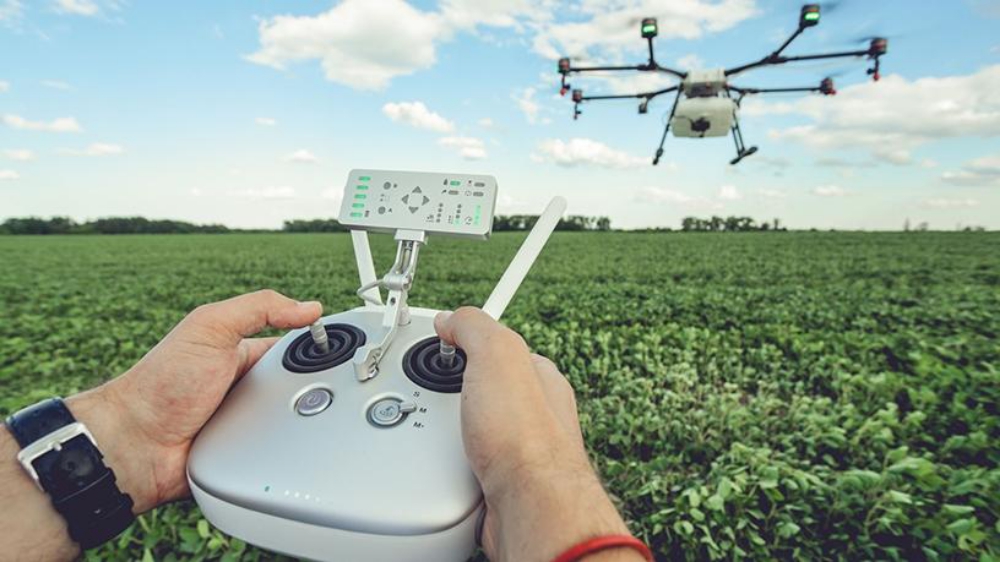Tunisia has partnered the African Development Bank (AfDB) to launch a pilot project to use drones for data collection to enhance management of agricultural projects across the country.
The project, which will be implemented over the next 10 months, will also receive technical management and assistance from South Korea, Tunisia’s Minister of Development, Investment and International Cooperation Zied Laadhari announced during the signing ceremony.
The pilot project will focus on agricultural operations in Sidi Bouzid in central Tunisia, under the management of Busan Techno Park, a Korean government agency. The agency will provide equipment such as drones and associated computer systems, as well as training and technology transfer.
Laadhari said the pilot was expected to benefit piloting and monitoring of irrigated areas, management of water resources and water tables, as well as the effects of climate change in the pilot area.
Busan Techno Park has already tested the drones for efficacy in managing similar urban projects, with drones able to provide fast and accurate data, helping to improve decision-making at all stages of a project, from preparation to implementation and evaluation.
African agriculture is increasingly opening up to the use of drones to improve efficiencies as the continent looks to ensure food security and improve the livelihoods of smallholder farmers. The African Union’s Executive Council earlier this year requested Member States to harness drones for agriculture.
Meanwhile, many countries in Africa have started to test or use drones, with the EU-funded Technical Centre for Agriculture and Rural Cooperation (CTA) supporting such activities across the continent.
The private sector is active in this space too, with South African company Aerobotics, an aerial data analytics specialist which uses drones for data collection, recently securing funding of around US$2 million as it bids to expand its customer base.
Aerobotics has developed data analytics platform Aeroview, which utilises drones, as well as satellites and artificial intelligence, to assist farmers in optimising crop performance and reducing the cost of inputs.
Source: IT Web Africa

